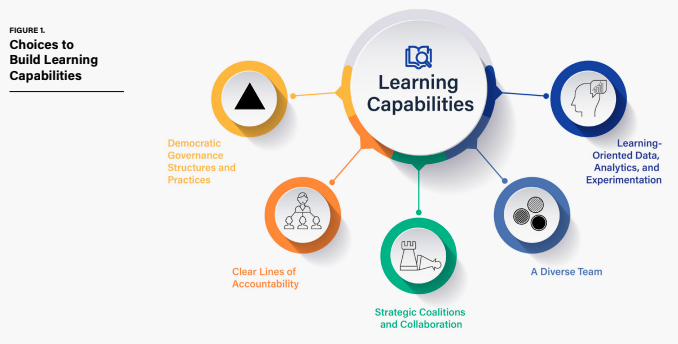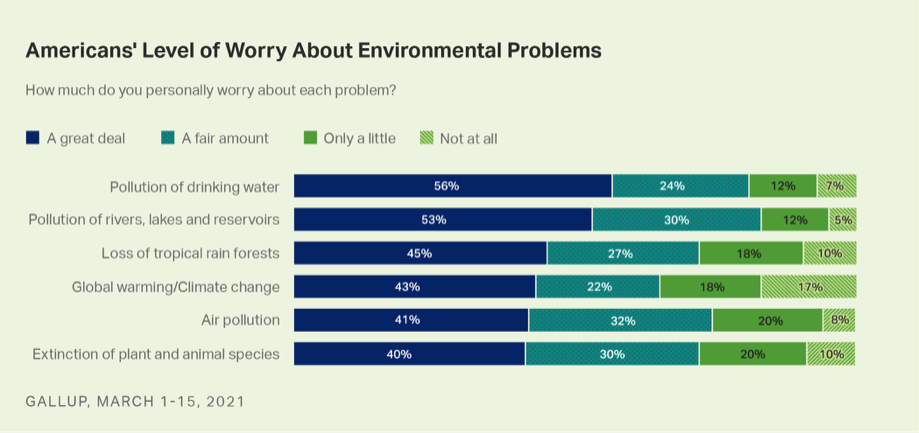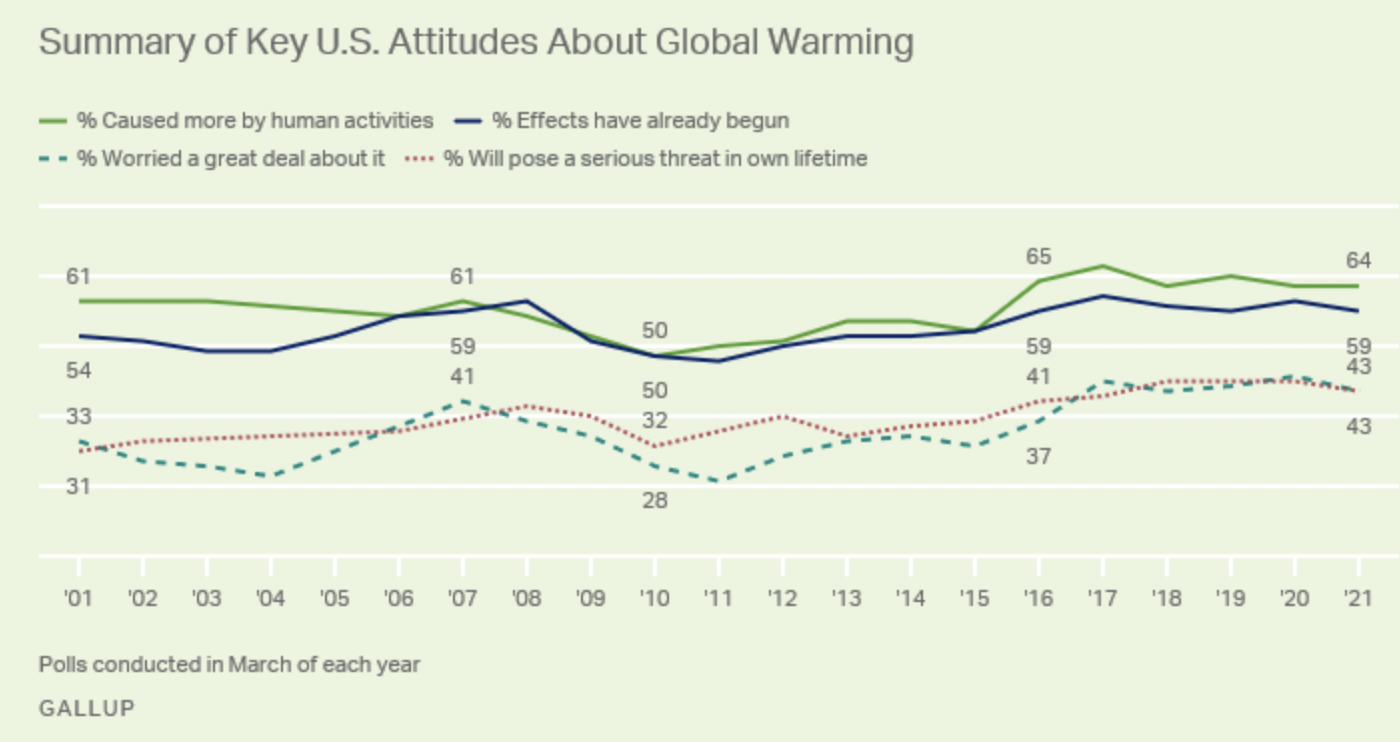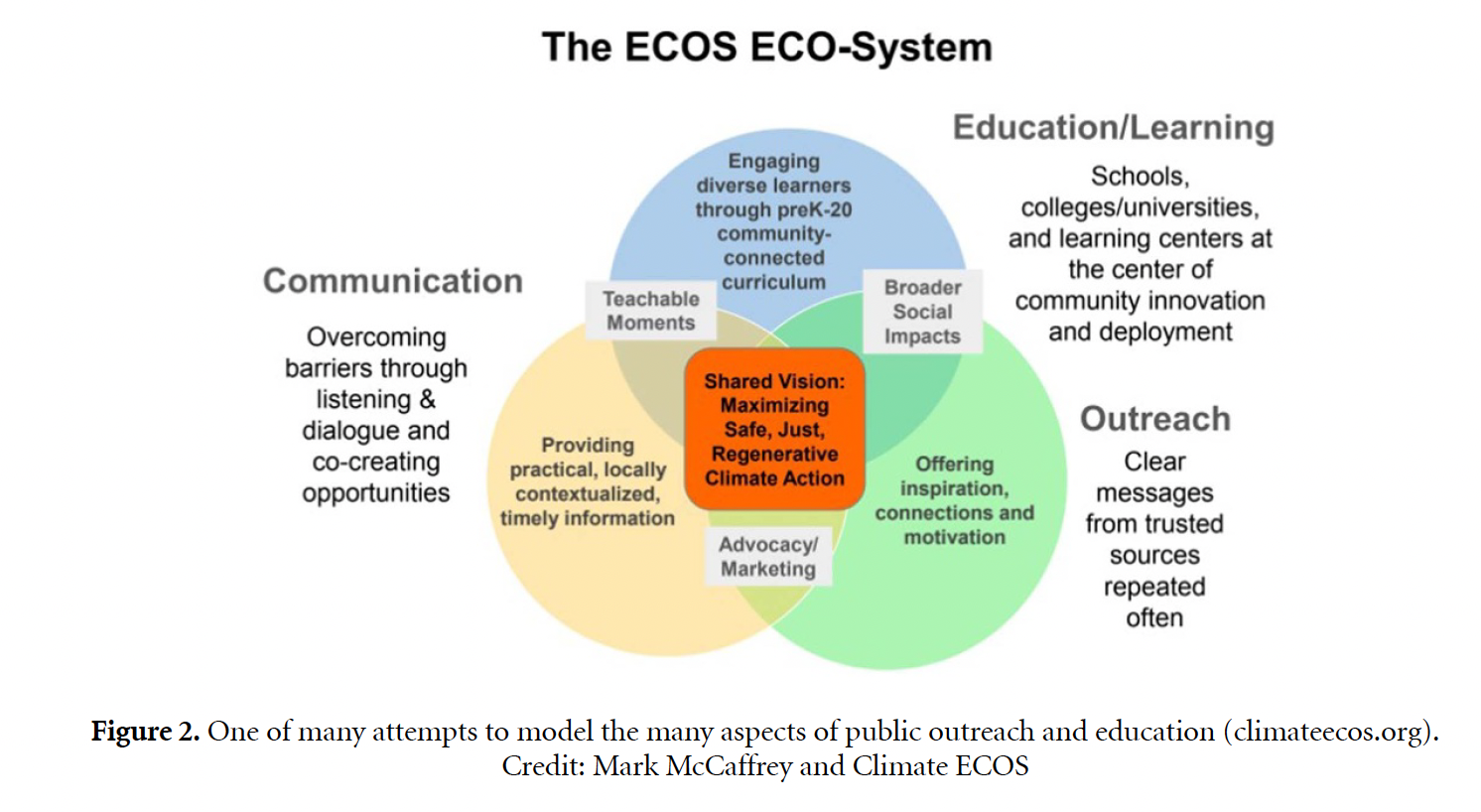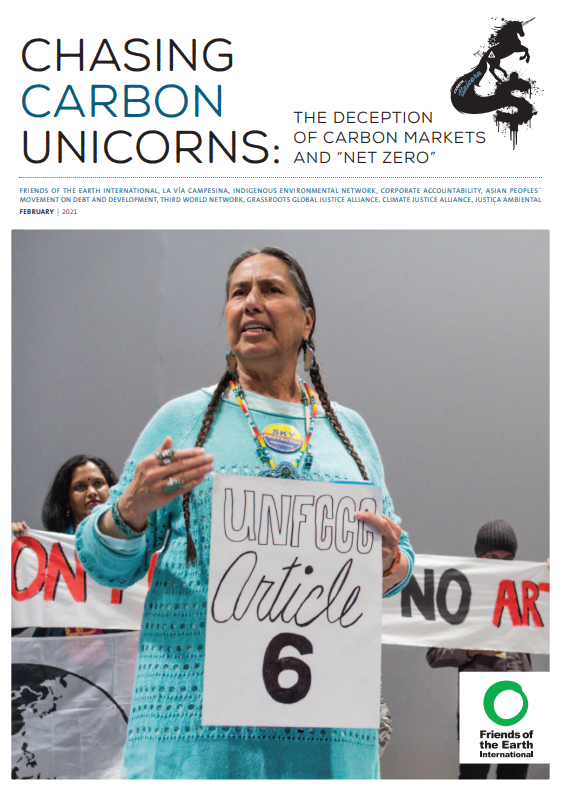Resources
Search below for resources covering the intersection of climate engagement, social science and data analytics.
RESULTS
Implementing the Portland Clean Energy Fund: Challenges and Opportunities
In 2018, the Portland Clean Energy Fund (PCEF) campaign secured a landslide ballot measure victory in Portland, establishing a multi-million dollar municipal fund that addresses climate, economic, and racial justice by providing funding for renewable energy projects, job training and apprenticeship programs, and regenerative agriculture. Last year, we got to look “under the hood” with PCEF Steering Committee members to cover the history of the campaign, what PCEF does, and how the community-led coalition was able to win at the ballot box.
In a follow-up webinar, we came back together to share new developments on the victory and cover topics including:
- How has PCEF been implemented, and how is it helping the community build political power?
- What lessons have been learned since winning the legislation, and what challenges and insights does that bring?
- What would it take to replicate this winning model in your own context and municipality?
Understanding Strategic Capacity in Constituency-Based Organizations
Two core ways that movement organizations can build and wield “strategic capacity” are by (1) continuously learning about what tactics have worked and which haven’t and (2) re-organize or adapt its resources to new challenges and opportunities. “Strategic capacity” is the ability of an organization to make decisions with uncertain information about how to deploy its resources to achieve a goal. Democratic governance structures within organizations can be especially key in building and deploying strategic capacity. This report delves into much more detail about each of these components and describes a few organization case studies, such as of Deep South Center for Environmental Justice, Dakota Access Pipeline protests, and 38 Degrees. A secondary attached report provides guidance on how an organization can execute a process to evaluate its own strategic capacity.
How to be wrong less often
To be an effective advocate, it's important to balance passion and doing what feels validating with a more distanced, rational perspective. This podcast—an interview with Julia Galef author of The Scout Mindset: Why Some People See Things Clearly and Others Don't—discusses how we can overcome the ways our own minds deceive us and change the way we think to make more rational decisions. It points out that these two mental approaches each have their place: "soldier mindset" is about being committed to a point of view and defending it (the kind of rigidity needed to fight battles), while "scout mindset" is focused on being open to being wrong, and motivated to come to the most accurate view through rationality and evidence. For advocates and activists, this means that, while being in solider mindset and motivated to champion a position or validate a political identity can provide passion and inspiration, it can also blind us from correctly identifying what actions will actually generate the impact we seek. For example, "arguing with strangers on the internet" may be identity-validating and make use feel good, but not be actually strategic and impactful. Policies that feel symbolically satisfying may not actually create as much change as those that actually work, but run against our moral intuitions. (The specific discussion of these concepts to activism begins at around the 30 minute mark of the podcast episode)
Poll: After Historic Outages, Texans Favor Solar, Wind and Other Clean Energy
Polling research shows that after historic power outages in February 2021, most Texans are in favor of the state producing more renewable energy and reducing their dependency on fossil fuels.
- About six in 10 Texas voters say that the state should add solar (65%) and wind (58%) energy resources. There was less support for natural gas (45%), nuclear (28%), and coal (20%).
- 30% of Texas voters strongly agree and 26% somewhat agree that the primary goal of Texas’ energy policy should be achieving 100% clean power.
- 45% of Texas voters strongly agree and 32% somewhat agree that being a leader in clean energy innovation is important to Texas’s future.
Strategy and Execution of the Fight for $15 Minimum Wage
This series chronicles the Fight for 15 organizing campaigns in various U.S. cities and states over the past few decades. Examples include Detroit, Chicago, and Seattle. Various articles and interviews—written by different authors—describe the history of organizing efforts, policy goals, and organizing strategies behind both victories and losses. Multiple articles focus on the successful Florida 2020 minimum wage ballot question campaign—particularly the role of workers on the campaign, digital and communications GOTV tactics, and what overall lessons leftists and progressives can take away.
The American public's level of worry has ebbed and flowed in tandem across the six environmental threats over the past 21 years (2000 - 2021). Although degrees of worry have shifted over time, the rank order has remained largely consistent, with water pollution outpacing all other threats.
- Of six environmental problems facing the U.S., Americans remain most worried about those that affect water quality. Majorities express "a great deal" of worry about the pollution of both drinking water (56%) and rivers, lakes and reservoirs (53%).
- Fewer, though still substantial minorities ranging between 40% and 45%, express a great deal of concern about the loss of tropical rain forests, global warming or climate change, air pollution, and the extinction of plant and animal species.
- The latest figures show significantly lower levels of worry than in 2000 on all issues except global warming, which is roughly on par today with 2000 after some fluctuation in the interim years.
- 41% percent of Americans rate the overall quality of the environment in the U.S. as "excellent" or "good," and 59% say it is "only fair" or "poor" -- both of which are essentially unchanged from the past several years' readings. Biden's election has resulted in a 26-point increase in Democrats' view that the quality of the environment is getting better. At the same time, Republicans have become less likely (by 12 points) to say it is improving.
59% of U.S. adults recognize the effects of global warming have already begun to happen, and a similar proportion believe pollution from human activities is more to blame than natural causes for the Earth's rise in temperature over the past century (64%). Fewer Americans (43%) are "highly worried" about global warming, although another 22% say they worry "a fair amount." 43% also expect global warming to pose a serious threat in their own lifetime. In general, the public's views about global warming haven't changed over the past year, according to Gallup's latest annual Environment poll, and are similar to what they have been each year since 2016. However, this stability masks growing divergence between Republicans and Democrats.
Read additional coverage of this polling in Grist, which digs deeper into the partisan data to show important generational splits in Republican attitudes toward climate.
Building capacity, momentum and a culture of climate action in the United States
Action for Climate Empowerment (ACE) is the section of the Paris Agreement that urges countries to "increase public understanding, build capacity, and empower people to participate in creative decision-making and behavioral change." This article reflects on the state of climate action in the US and offers suggestions for the how we might equitably co-create and implement a national climate action strategy. The authors call for an interdisciplinary approach that recognizes the importance of climate science, decision science, and social science, as well as effective communication through writing and design work. They also argue that a national climate action strategy would help to guide financial investments in climate education, communication, and organizing and create mechanisms for identifying and sharing the attributes of successful community-based and regional climate initiatives.
Affect and emotions as drivers of climate change perception and action: a review
Emotions are a powerful tool for changing people’s climate-related behaviors, but should be used carefully. This resource reviews research on emotions and climate change from the past five years, finding that people who are worried about climate change or have negative affect—an unpleasant gut feeling—toward it are more willing to engage both in mitigation behaviors like using public transport or saving electricity, as well as adaptation behaviors like purchasing insurance or seeking information about hazards. However, use caution when using messaging to invoke negative emotions about climate change. Creating intense climate anxiety may reduce people’s general well-being, and research in health communication has found that fear, without hope, may be counterproductive to behavior change. Instead, combine messages about the threat of climate change with “constructive hope” messaging, which focuses on feasible solutions and how individual and collection action can make a difference.
Chasing Carbon Unicorns: The Deception of Carbon Markets and “Net Zero”
What is “net zero”? Are the consequences for “net zero” the same for everyone? Friends of the Earth International’s 2021 report argues that the net zero commitments by multinational corporations and governments are “smokescreens” that hide these entities’ inaction. Instead, we should be aiming for actual reductions in the amount of carbon emission we are creating — a “real zero.” Instead of making real changes, the “net zero” plans will lead to carbon offset markets. These carbon offset markets then will likely require that large areas of land in the Global South be dedicated to offsetting carbon. This will effectively ignore the needs of local communities, whose autonomy over their land will likely be challenged – with indigenous communities being particularly vulnerable. Outsourcing carbon emissions to the Global South is not how we should combat climate change. “Real zero” is the real goal.
Pagination
- Previous page
- Page 3
- Next page
